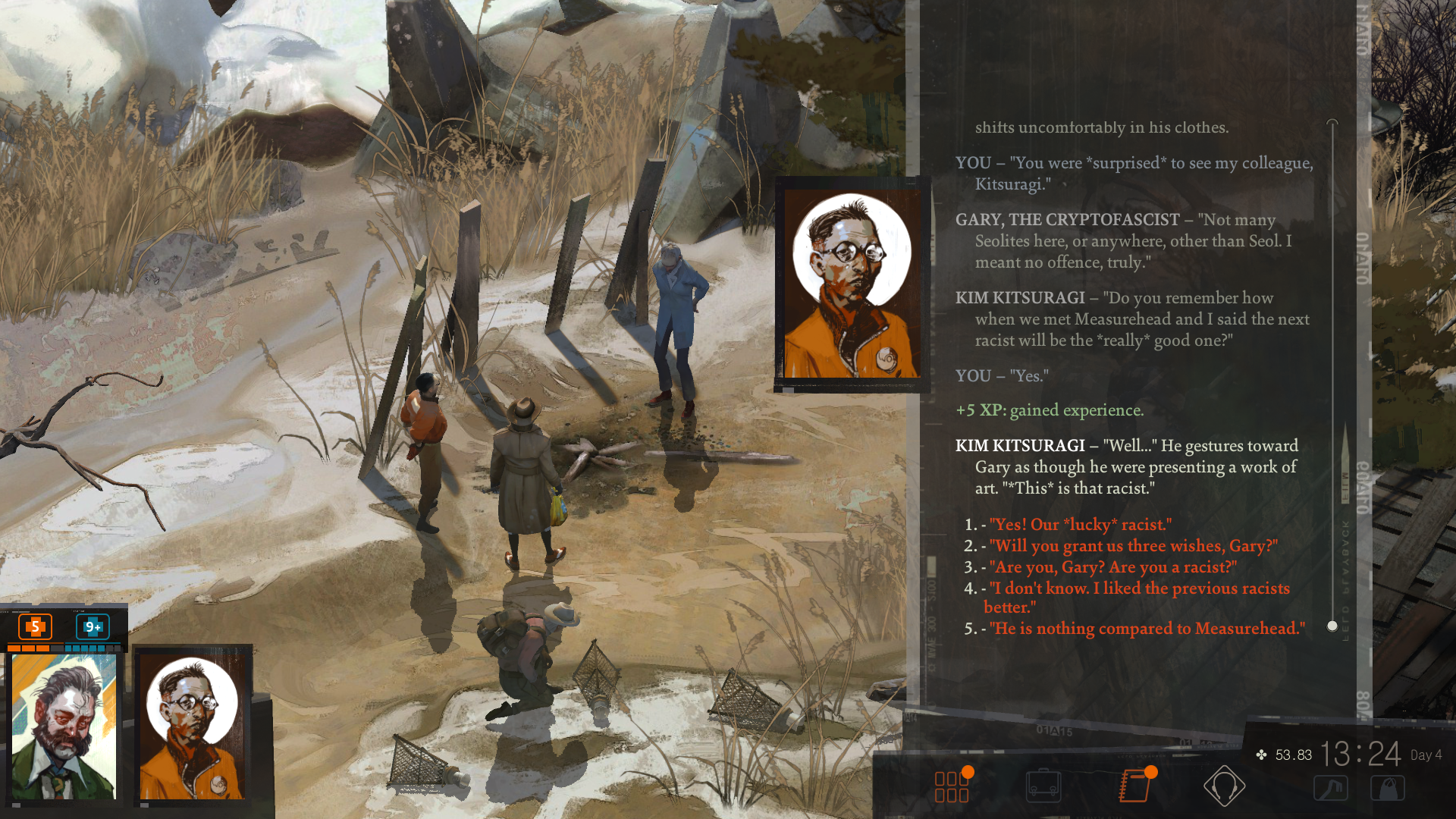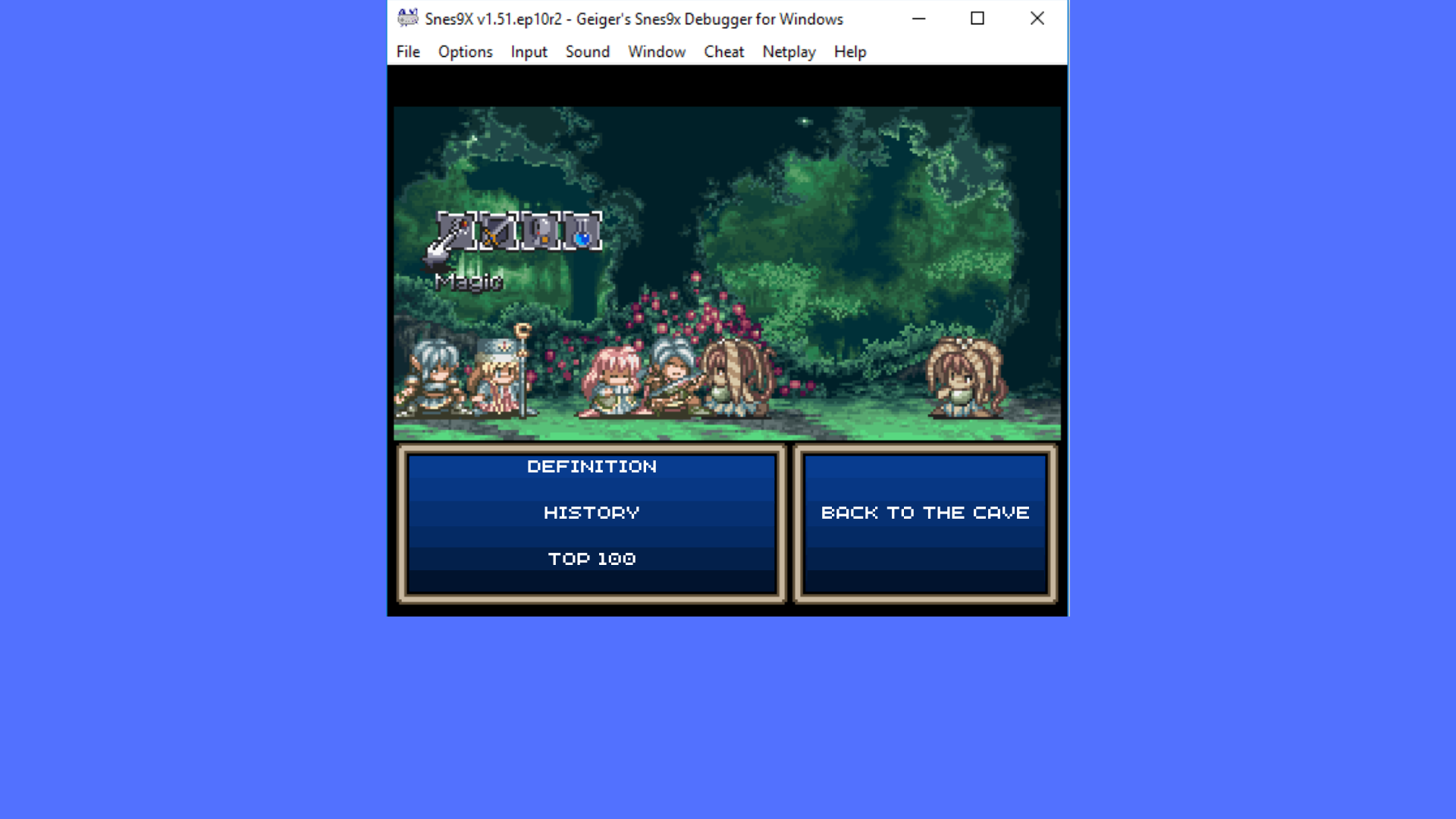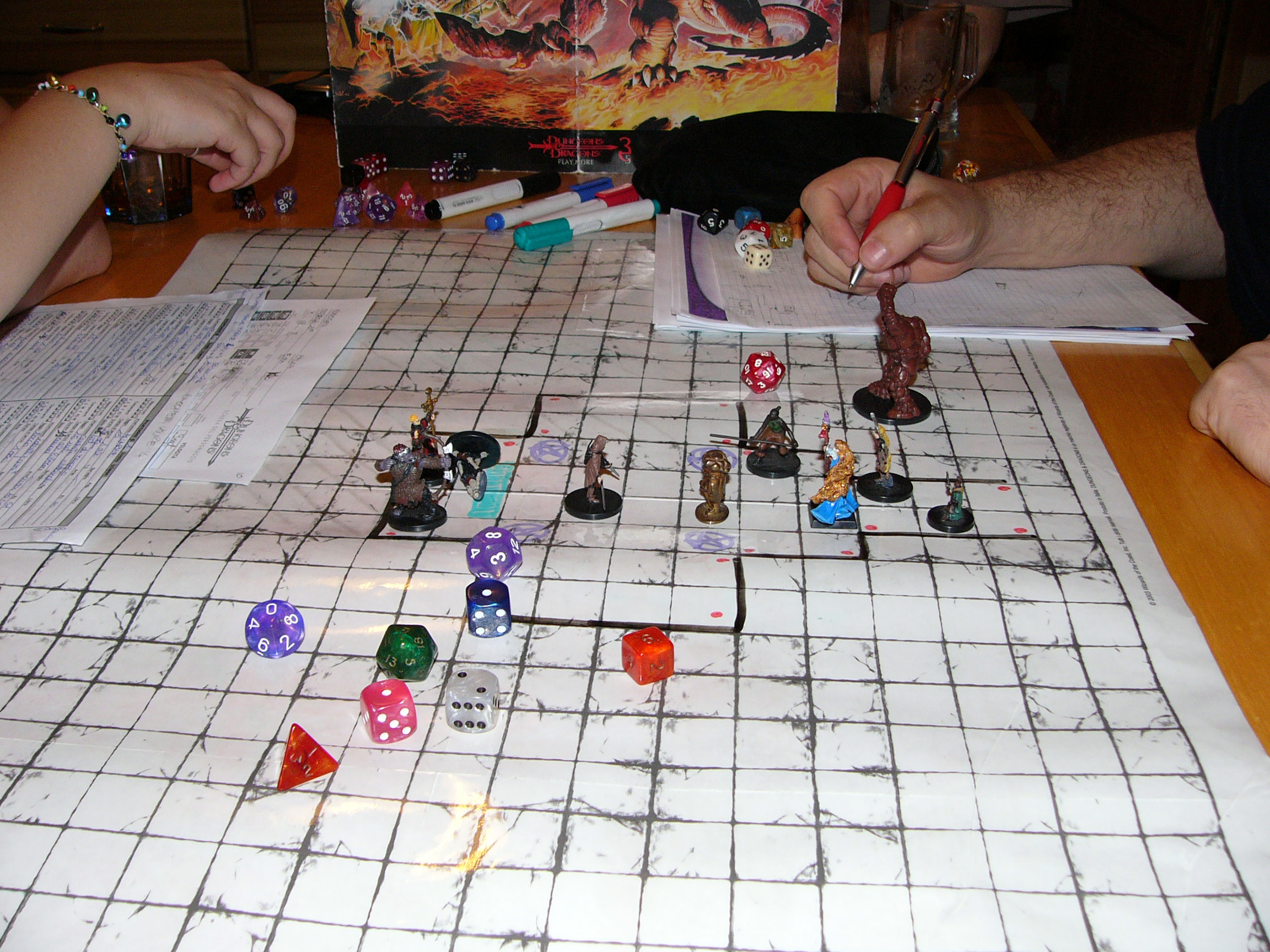Take Red Dead Redemption 2 (or Red Dead Redemption). The game is all about feeling like a cowboy, and your decisions change the game's outcome. Sure, you can't build your character or change his name, and you gain no skill points, but can you say you aren't role-playing? Looking at the game mechanics, it isn't an RPG. Looking at your actions' effect on the story, it's an RPG-ish game. Sorry for this ugly sentence.
The last entries of Assassins Creed have adopted the skill-tree mechanics from RPGs. Are they RPGs? They shouldn't be, but you build your character in a way, don't you?
All we know is that the RPGs in the traditional sense are dying. Some new games try to keep the genre alive, the number of those decreases day by day. Hats off to Disco Elysium and Pillars of Eternity.


